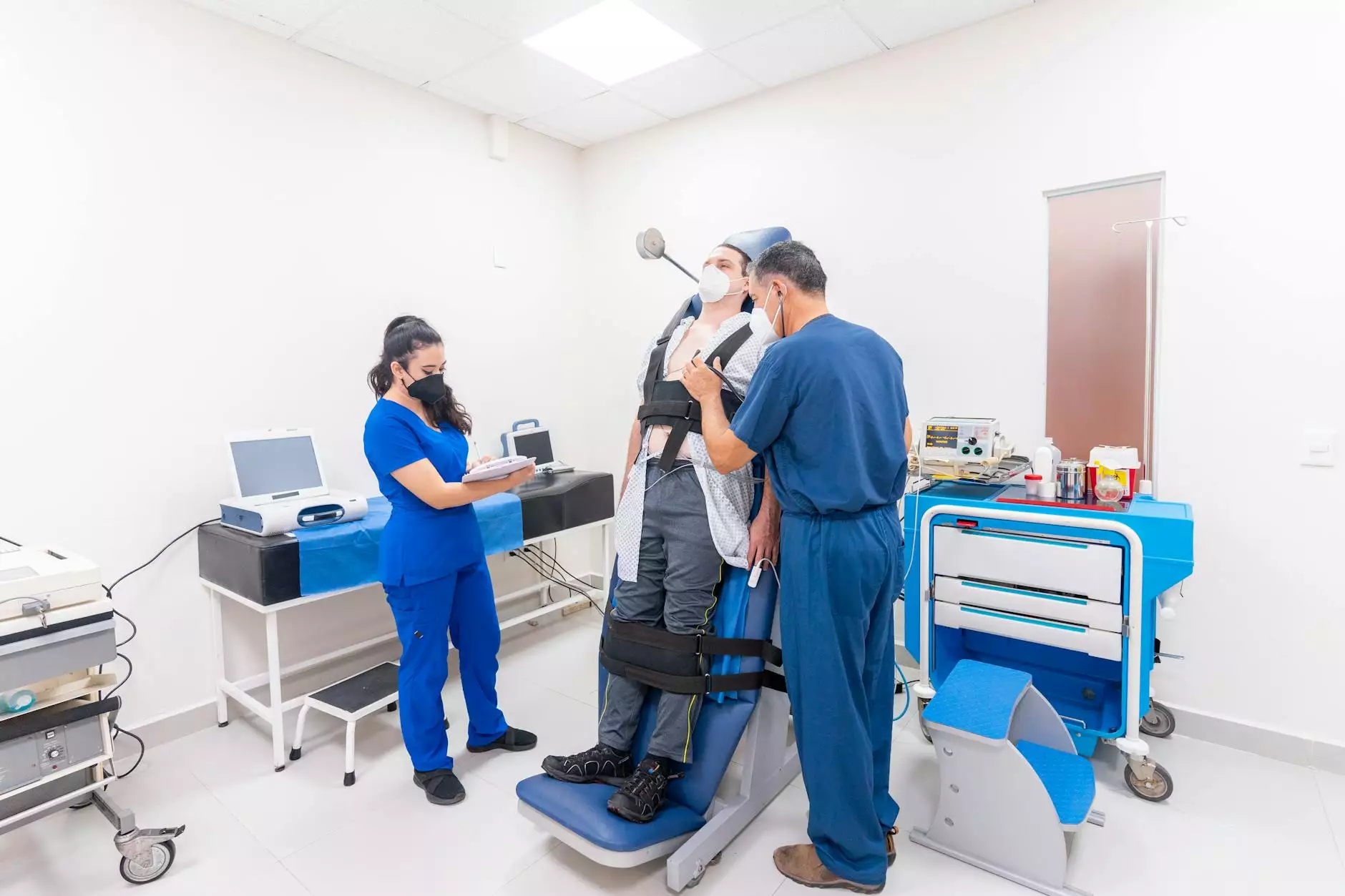News: Aspirin No Longer Recommended for Heart Attack Prevention
Heart Health
Introduction
Welcome to CHI St. Luke’s Health - Performance Medicine, where we strive to provide you with the most up-to-date and accurate information. In recent news, there have been significant changes in the recommendations for heart attack prevention. One of the notable changes is the reevaluation of aspirin's effectiveness in preventing heart attacks. In this article, we will explore this topic in detail and discuss alternative approaches to safeguarding your heart.
The Evolution of Heart Attack Prevention
For decades, aspirin has been widely prescribed as a preventive measure against heart attacks. However, recent scientific studies have challenged the previously accepted notion. Researchers now believe that the benefits of using aspirin for primary prevention (in individuals without a history of heart disease) may be outweighed by the risks.
Understanding the Risks
While aspirin can thin the blood and reduce the formation of blood clots, it is not without side effects. The prolonged use of aspirin may increase the risk of gastrointestinal bleeding, ulcers, and other complications. These risks can be especially concerning for individuals already predisposed to gastrointestinal issues or those with a history of bleeding disorders.
Alternative Approaches
Fortunately, there are alternative measures you can take to protect your heart health without relying solely on aspirin. One of the most effective methods is adopting a heart-healthy lifestyle. This includes:
- Eating a balanced diet rich in fruits, vegetables, whole grains, and lean proteins.
- Engaging in regular physical activity to maintain a healthy weight and improve cardiovascular fitness.
- Avoiding smoking and limiting alcohol consumption.
- Managing stress through practices such as yoga, meditation, or counseling.
Additionally, it is crucial to stay informed and regularly monitor your heart health by consulting with healthcare professionals. They can provide personalized guidance, evaluate your risk factors, and recommend appropriate preventive measures.
Consulting with CHI St. Luke’s Health - Performance Medicine
At CHI St. Luke’s Health - Performance Medicine, we are dedicated to helping individuals protect their heart health through evidence-based practices. Our team of experts is at the forefront of cardiovascular research and can provide comprehensive assessments to determine the best approach for you. We specialize in preventive medicine and tailor our recommendations to fit your unique circumstances.
Conclusion
The updated recommendations regarding aspirin and heart attack prevention highlight the importance of staying informed and adopting a holistic approach to maintain a healthy heart. While aspirin may no longer be the preferred option for primary prevention, there are various other strategies available to safeguard your heart health. Remember to consult with healthcare professionals, like the experts at CHI St. Luke’s Health - Performance Medicine, to receive personalized guidance and create a plan that suits your needs. Together, we can work towards reducing the risk of heart attacks and promoting overall well-being.










